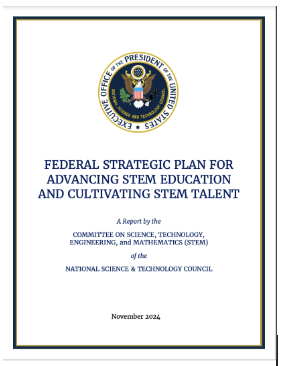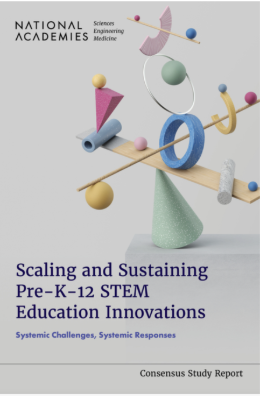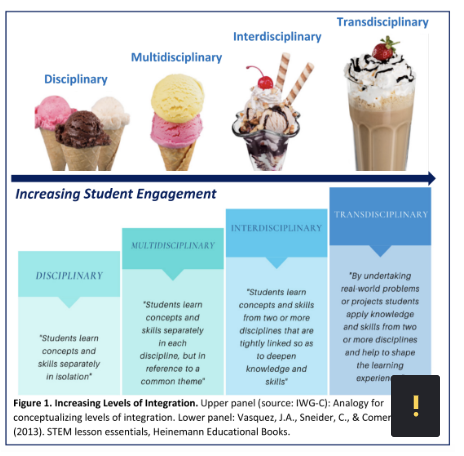A Foot in the Door Growth in Participation and Equity in Dual Enrollment in California
Addressing the Gender Gap Among Patent Holders Through Invention Education Policies
Assessing learning and development through transdisciplinary problem-based invention education offerings
Becoming an inventor: a young Latina’s narrative
Biogen-MIT BioTech in Action - Summary 2020
Bringing Invention Education Into Middle School Science Classrooms
Comments Submitted by LMIT Leadership to USPTO Re: National Strategy for Expanding American Innovation
Developing a use-inspired school and community-based 6th through 12th-grade research and invention ecosystem leading to STEM careers: an ethnographic study of the Science Coach Program
Engaging Latina Students in the Invention Ecosystem
Enhancing inventiveness for quality of life, competitiveness, and sustainability
Failure as an active agent in the development of creative and inventive mindsets
Heat Reinvented: Using a Lunch Box–Design Project to Apply Multidisciplinary Knowledge and Develop Invention-Related Practices
Inclusive Pathways to Invention: Racial and Ethnic Diversity Among Collegiate Student Inventors in a National Prize Competiton
Intersecting Networks Supporting Problem-Based Invention Education
Inventing the Baby Saver: An Activity Systems Analysis of Applied Engineering at the High School Level
Invention as a Complement to High School Chemistry
Invention Education and The Developing Nature of High School Students’ Construction of An “Inventor” Identity
Invention Education: Preparing The Next Generation of Innovators
Inventors emerging in-school and out-of-school: six iterations of educational design to promote equitable student engagement
Measuring the Value of Invention
Peer-reviewed practitioner article in The Science Teacher: Let’s Invent!
Policy Initiatives Needed to Foster Female Inventors’ Contributions to U.S. Economic Growth
Researching Invention Education: White Paper
Role models’ influence on student interest in and awareness of career opportunities in life sciences
Supporting teachers to lead invention education with high school students
TESTIMONY FOR USPTO SUCCESS ACT HEARING
The Lifecycle of Inventors
Transforming a National Invention Education Program through a Strength-based Approach
Understanding Factors Impacting the Development of Inventors from Diverse Backgrounds
Where’s the Computer Science in Invention?
“That Makes Sense Now!": Bicultural Middle School Students’ Learning in a Culturally Relevant Science Classroom







